In a democracy all power does not rest with any one organ of the government. An intelligent sharing of power among the legislature, executive and judiciary is very important for the design of democracy.
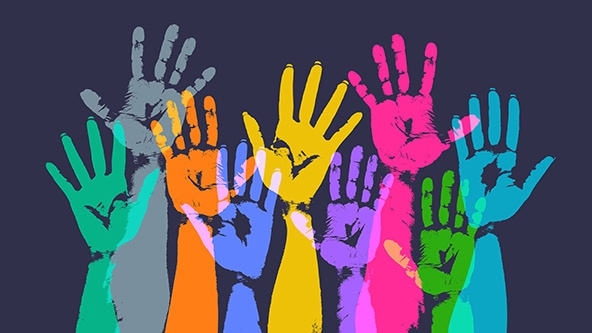
- Belgium was a European country 59% of people were Dutch-speaking while 40% were french-speaking and the remaining 1% were's German in the 1950s and 1960s.
- Although the French were 40% of the population they were richer than the rest of the population and had control of the economy. This created a lot of tension and French domination in Belgium.
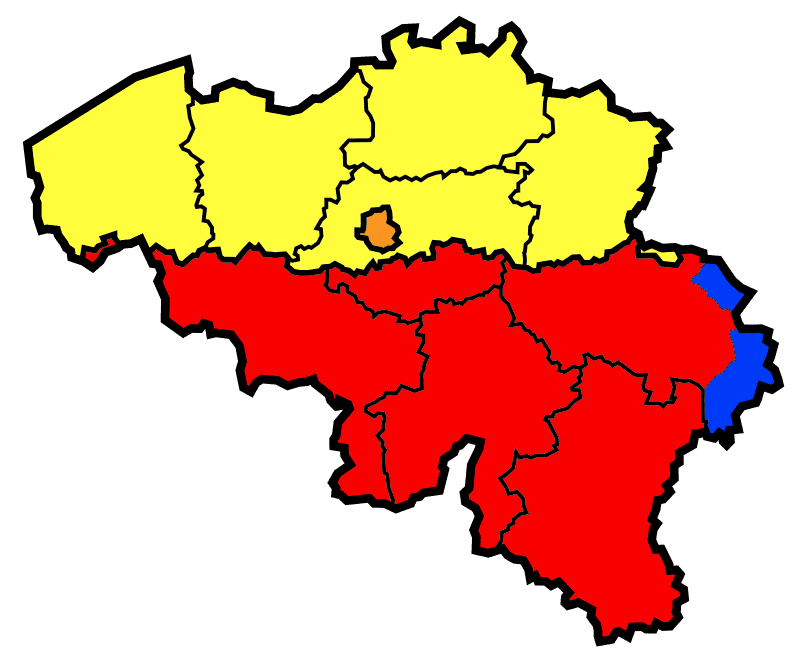
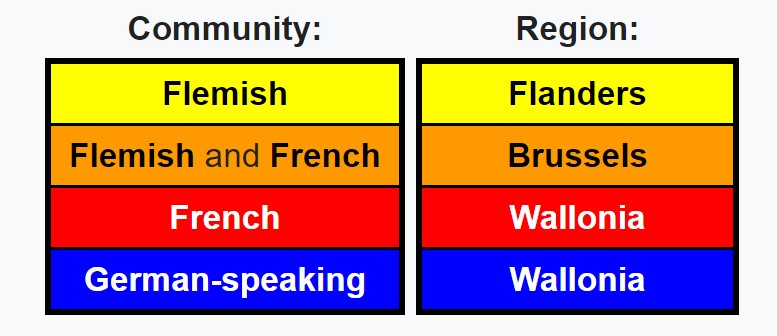
- Sri Lanka is an island country near India. The major social groups in Sri Lanka after 1948 were Sinhala speakers which were 74% and the Tamil speakers 18%.
- Tamil speakers were also divided into Sri Lankan and Indian Tamils. The rest were other minor groups of the population.
- In 1956, an Act was passed in Sri Lanka which recognized only Sinhala as the official language and the Tamil speakers felt ignored by the government. After this, there were many more preferential policies that gave Sinhalese people more leverage while getting government jobs or admission to universities.
- Quite soon, many parties and political groups emerged, which launched a struggle for recognition of Tamil as one of the official languages of Sri Lanka.
- The Sri Lankan Government repeatedly denied the Tamil population this, which created a communal conflict and turned into a civil war. The civil war resulted in losses to both the parties and setback the Sri Lankan economy. It also resulted in a significant population becoming refugees by escaping to other countries.
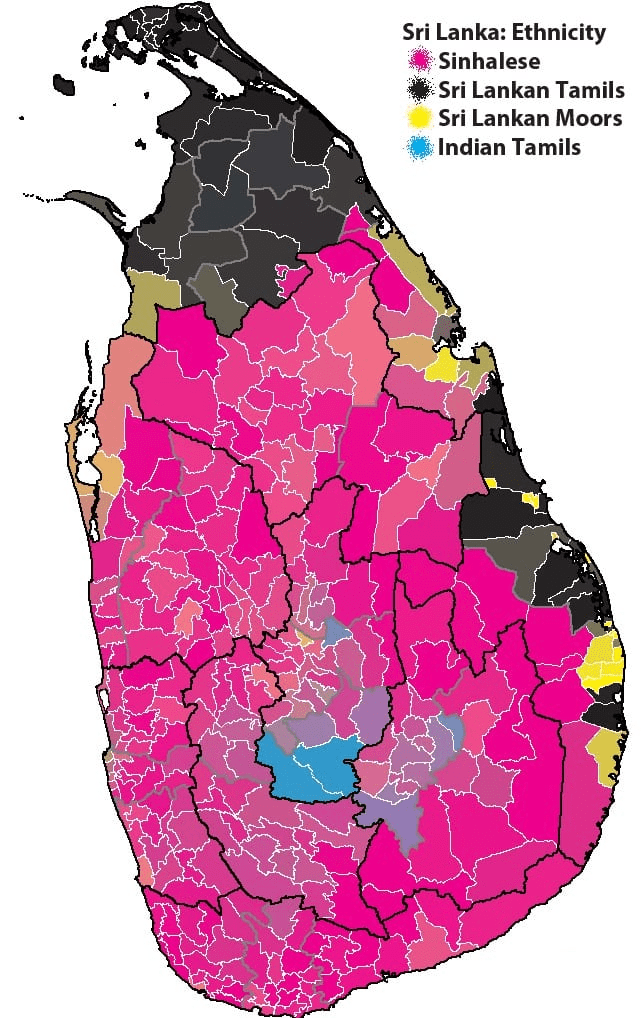
- The Central Government in Belgium will have an equal number of Dutch and French-speaking ministers. Selected laws will require the consent of the majority of members from each linguistic group.
- The state governments were not under the central government.
- Brussels, the capital of Belgium had a different government that also had equal representation of both linguistic groups.
- Apart from this, they had a community government that decided on all the matters regarding cultural education and language-related issues.
Why is power sharing desirable?
- Power-sharing is good because it helps to reduce the possibility of conflict between social groups.
- The second reason is that, a democratic rule involves sharing power with those affected by its exercise, and who have to live with its effects. People have a right to be consulted on how they are to be governed.
- Let us call the first set of reasons Prudential and the second moral. The prudential reasons stress that power-sharing will bring out better outcomes, whereas the moral reasons emphasize the act of power-sharing as valuable.
- Power-sharing can be considered as the spirit of democracy as power is not concentrated in the hands of few people.
- Moreover, the people in power are not only responsible for their decisions but are also held accountable for them.
- Power-sharing also gives respect to each and every social group which is rarely seen in any other type of government except democracy.
- There are different ways in which power-sharing takes place in various democracies:
- The power division is horizontal where different organs of the government at the same level exercise different powers in their jurisdiction.
- This is easily seen in Indian democracy the legislature judiciary and executive function on the same level and yet have different jurisdictions.
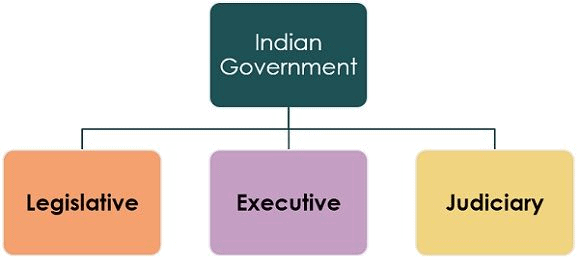
- This refers to the system where the power is distributed among various levels of government such as the central and provincial governments.
- This system is also known as federalism. India is a prime example of the federal system of government.
- In certain matters, the power-sharing is so exclusive that certain subjects are only exclusive to the union government or the state government.
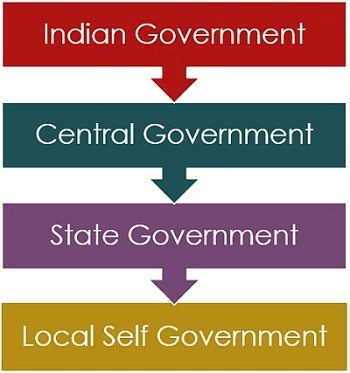
- In this, various weak social groups are represented in the legislatures or administration through various reservations.
- This gives the various social groups a voice and power which might not have been given in other types of government.
- There are various political groups in the society like political parties, pressure groups, and other Public Interest groups which have a significant influence over the decision-making and law-making process in a democracy.
- Sometimes, political parties form an alliance and participate in direct power-sharing when they form a coalition government.
- Power-sharing: Power-sharing is the distribution of power among the organs of the government like–legislature, executive, and judiciary. It is an intelligent step to ensure the stability of political order. Besides, power-sharing also includes sharing at the different levels like union, state, and local.
- Majoritarian: A concept which signifies a belief that the majority community should be able to rule a country in whatever way it wants is known as Majoritarian. In this type of rule, they disregard the wishes and needs of the minority.
- Ethnicity: A social division based on shared culture. Most people belonging to the same ethnic group believe in their common descent because they have similarities of physical type or culture or both. They may not have the same religion or nationality, e.g, French-speaking, Dutch-speaking, Sinhala speaking, etc.
- Community Government: A type of Government that is elected by people belonging to one language community is called community government. For example, Dutch, French, and German-speaking people form their respective community governments, no matter where they live. This is a very specific type of government in Belgium.
- Civil War: A violent conflict between opposing groups within a country is known as a civil war. Sometimes it becomes so intense that it appears like a war.
- Prudential: It is a set of reasons which favours power-sharing. It is based on prudence, or on careful calculation of gains and losses. Prudential reasons stress beneficial consequences.
- Checks and Balances: A system in which each organ of the government checks the others which results in a balance of power among various institutions. It ensures that none of the organs can exercise unlimited power.
- Vertical Division of Power: It is a type of distribution of power that involves the higher and lower levels of government such as central, provincial, and regional levels.
- Reserved Constituencies: It is a system in which constituencies are reserved in the Assemblies and the Parliament for minorities in order to give them a fair share in power.
- Coalition Government: When the alliance of two or more parties gets elected and forms a government it is known as the Coalition Government. This is another form of power-sharing.
Q.1. How did the Sri Lankan and the Belgium governments try to solve the ethnic problem?
The Belgium leaders tried to solve the ethnic problem by respecting the feelings and interests of different communities and regions, whereas the Sri Lanka Government tried to solve the problem through majoritarianism. The Belgium solution helped in avoiding civic strife, whereas the majoritarianism in Sri Lanka led to the civil war.
Q.2. Explain the prudential reasons for Power-sharing.
- Power-sharing is desirable because it helps to reduce the possibility of conflict between the various social groups. Since social conflict often leads to violence and political instability, power-sharing is a good way to ensure political stability.
- Imposing the will of the majority community over the minority may look like an attractive option in the short run, but in the long run, it undermines the unity of the nation. Tyranny of the majority is not just oppressive for the minority, it often brings ruin to the majority as well.
Q.3. Explain the moral reason for power-sharing.
Power-sharing is the basic spirit of democracy. A democratic rule involves sharing of power with those affected by its exercise, and who have to live with its effects.
The basic principles of power-sharing include:
(i) Government of different political parties, i.e., a coalition government.
(ii) Protection of minority rights.
(iii) Decentralization of power.
Q.4. What is power-sharing?
- Power-sharing is a strategy under which all the major segments of the society are provided with a permanent share of power in the governance of the country.
- It is a potential tool for solving disputes in a society divided by deep ethnic, cultural, or racial differences by giving the parties involved, a wide range of power-sharing to ameliorate the tensions through consensus-oriented governance.
- It involves a wide array of political arrangements– usually embodied in constitutional terms– in which the principal elements of society are guaranteed a place and influence, in governance. It relies on joint exercise of power where all principal groups are given a permanent share in the governance.
Q.5. Mention the steps taken by the Sri Lankan government to achieve majoritarianism.
(i) In 1956, an Act was passed under which English was replaced as the country’s official language not by Sinhala and Tamil but by Sinhala only.
(ii) The governments followed preferential policies that favoured Sinhala applicants for university positions and government jobs.
(iii) A new constitution was stipulated that the state shall protect and foster Buddhism.
(iv) Denial of citizenship to estate Tamils.
Q.6. Why is power sharing desirable?
(i) To avoid conflict: It reduces the possibility of conflict between the various social groups. Since social conflict often leads to violence and political instability, power-sharing is a good way to ensure political stability.
Imposing the will of the majority community over the minority may look like an attractive option in the short run, but in long run, it undermines the unity of the nation. Tyranny of the majority is not just oppressive for the minority, it often brings ruin to the majority as well.
(ii) Spirit of democracy: Power sharing is the basic spirit of democracy. A democratic rule involves the sharing of power with those affected by its exercise and those who have to live with its effects. A democratic government is chosen by the people. So they are to be governed. A legitimate government is one where groups, through participation acquire a stake in the system.
Q.7. Explain the difference between horizontal and vertical power-sharing.
1. Horizontal Power sharing
(i) Under horizontal power-sharing, power is shared among different organs of government such as the legislature, executive, and judiciary.
(ii) Under horizontal distribution of power, organs of the government are placed at the same level to exercise different powers.
(iii) Under horizontal power-sharing, each organ checks the other.
2. Vertical Power sharing
Fig. Vertical power-sharing(i) Under the vertical sharing power, power is shared among the different levels of the governments.
(ii) The vertical division of power involves the highest and the lower levels of government.
(iii) Under vertical power-sharing the lower organs work under the higher organs.
Q.8. Explain the power-sharing arrangements among the political parties and pressure groups.
- In a democracy, power is also shared among different political parties, pressure groups and movements.
- Democracy provides the citizens with a choice to choose their rulers. This choice is provided by the various political parties, who contest elections to win them. Such competition ensures that power does not remain in one hand.
- In the long run, power is shared among the different political parties that represent different ideologies and social groups. Sometimes, this kind of sharing can be direct, when two or more parties form an alliance to contest elections. If their alliance is elected, they form a coalition government and thus share power.
- In a democracy, various pressure groups and movements also remain active. They also have a share in governmental power, either through participation in governmental committees or having an influence on the decision-making process.
Q.9. How is a federal government better than a unitary government? Explain with examples of Belgium and Sri Lanka.
Federalism is a system of government under which power is divided between central authority and its various constituent units. The Belgium leaders tried to solve the ethnic problem by respecting communities and regions by establishing a federal government, whereas the Sri Lankan government tried to solve the problem through majoritarianism.
The Belgium solution helped in avoiding civic strife, whereas the majoritarianism in Sri Lanka led to the civil war.
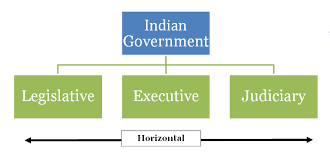

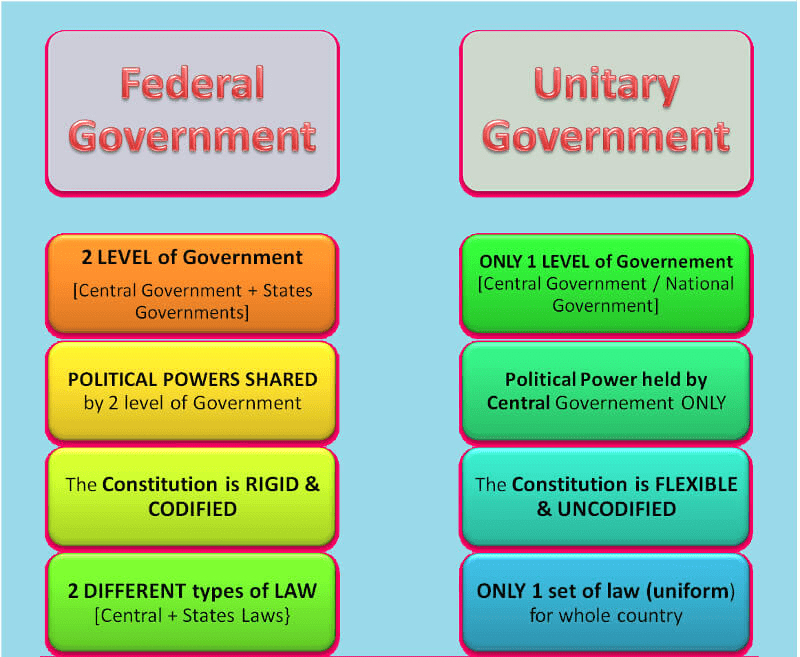




No comments:
Post a Comment